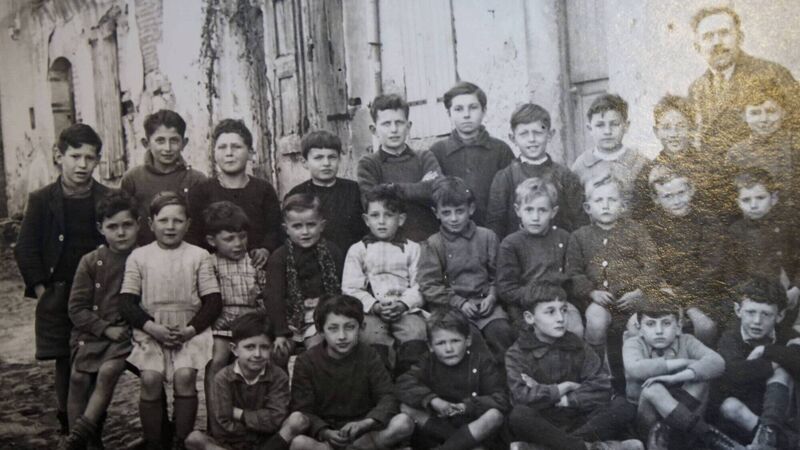Clodagh Finn: We need to think of refugees as net contributors, not as a burden

A 1943 school photo of Ronald Friend who was mixed in with local children at a school in the south of France. Mary Elmes extricated Ronald and his brother from a detention camp in 1942. Ronald is in the middle row, third from left. Michael, his brother, is in top row third from left with hand on his shoulder.















